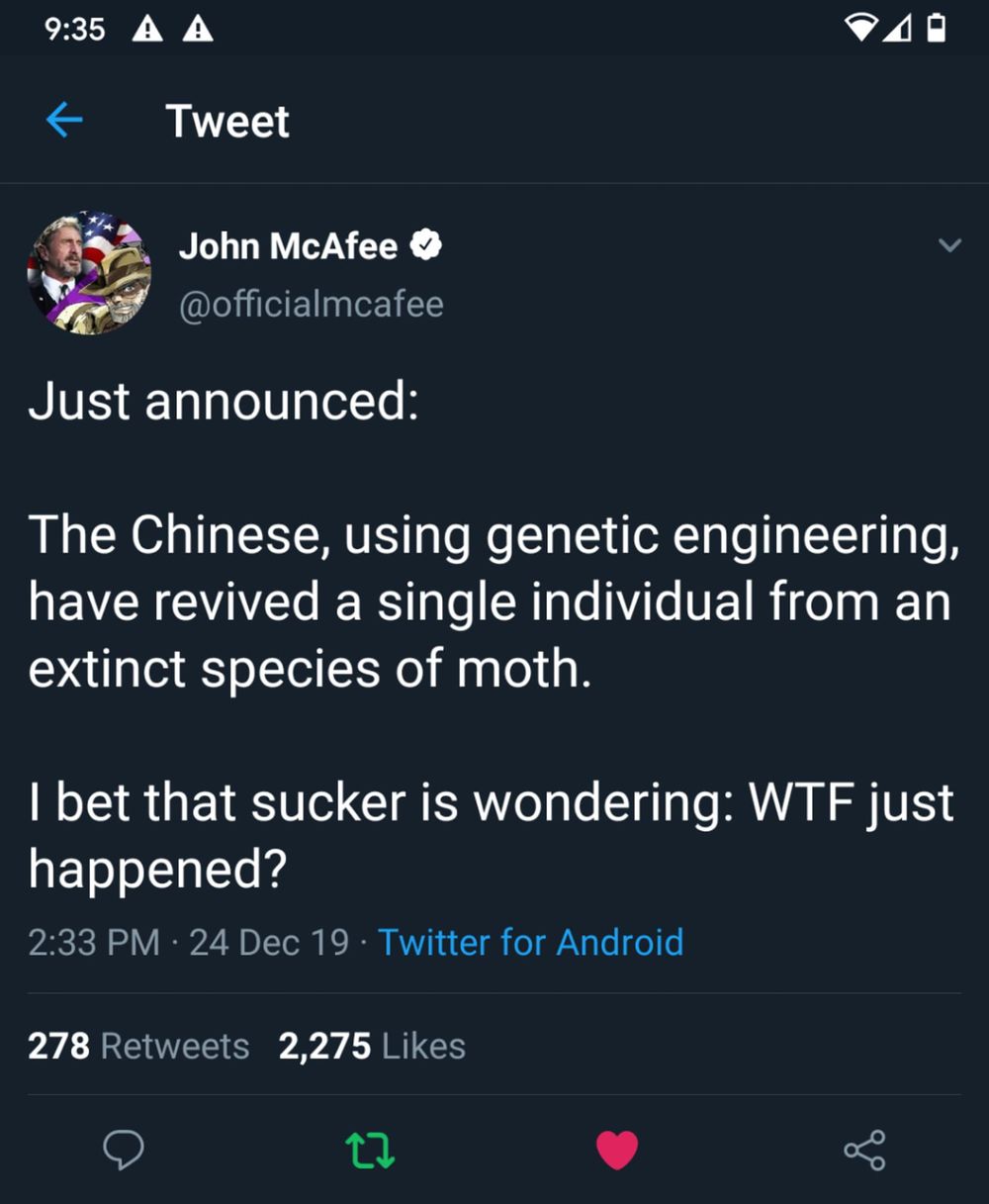Many experiencers have been visited by alien mantises. I personally heard their cackling communication and have things stolen without any trace simply teleported away.
This extraterrestrial species resembles a praying mantis and occasionally surface in abduction accounts as overseers. Learn about the Mantid agenda on Earth.




